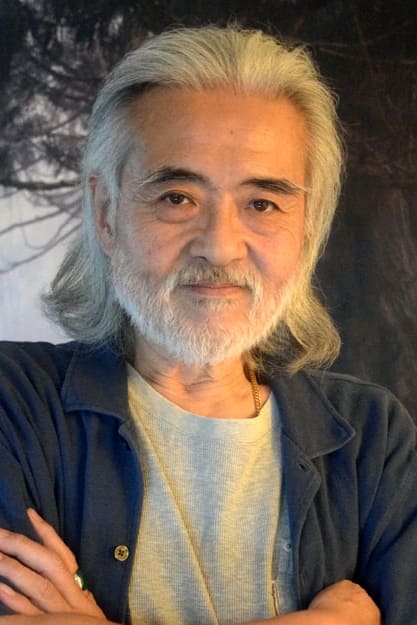
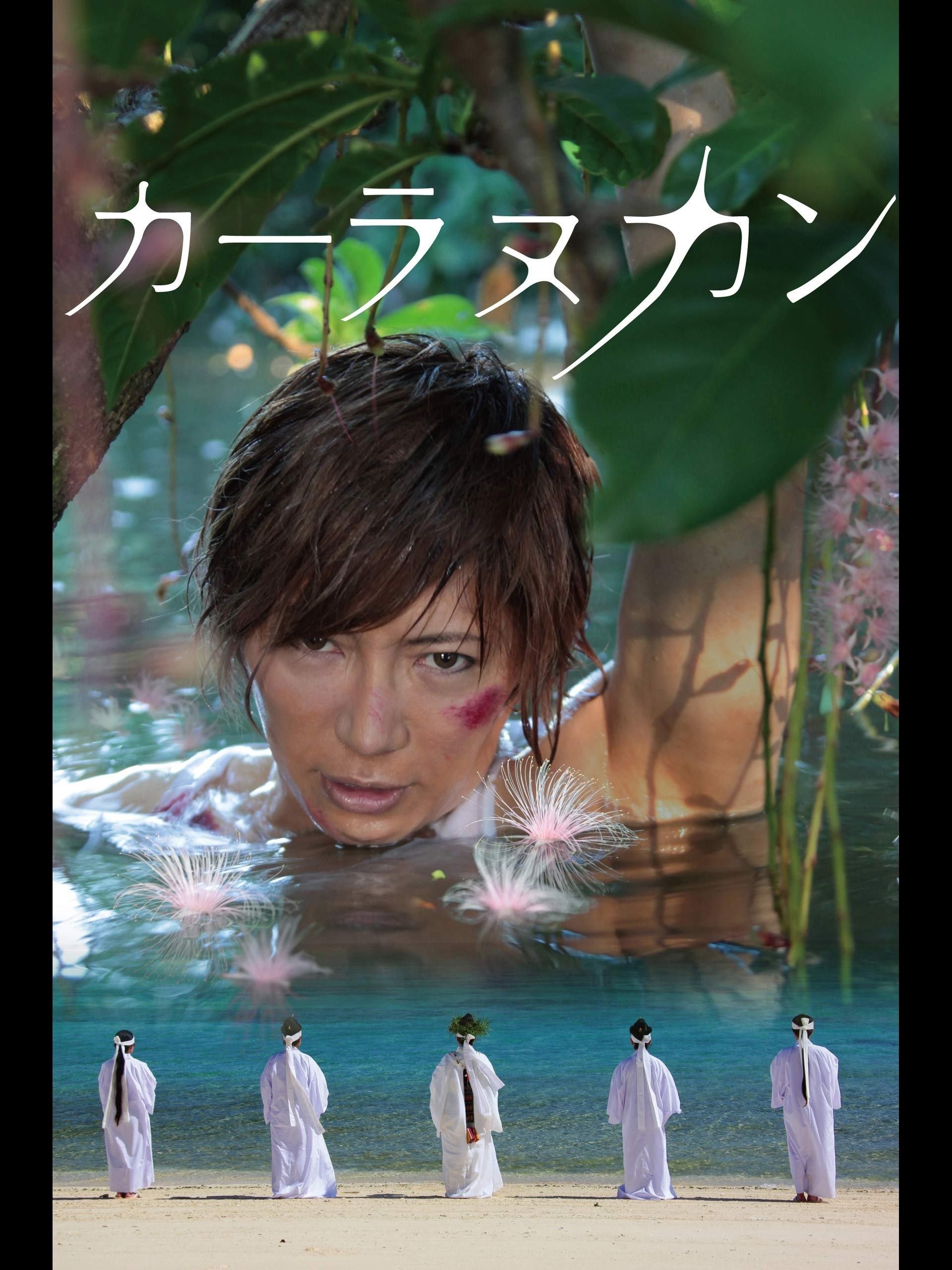
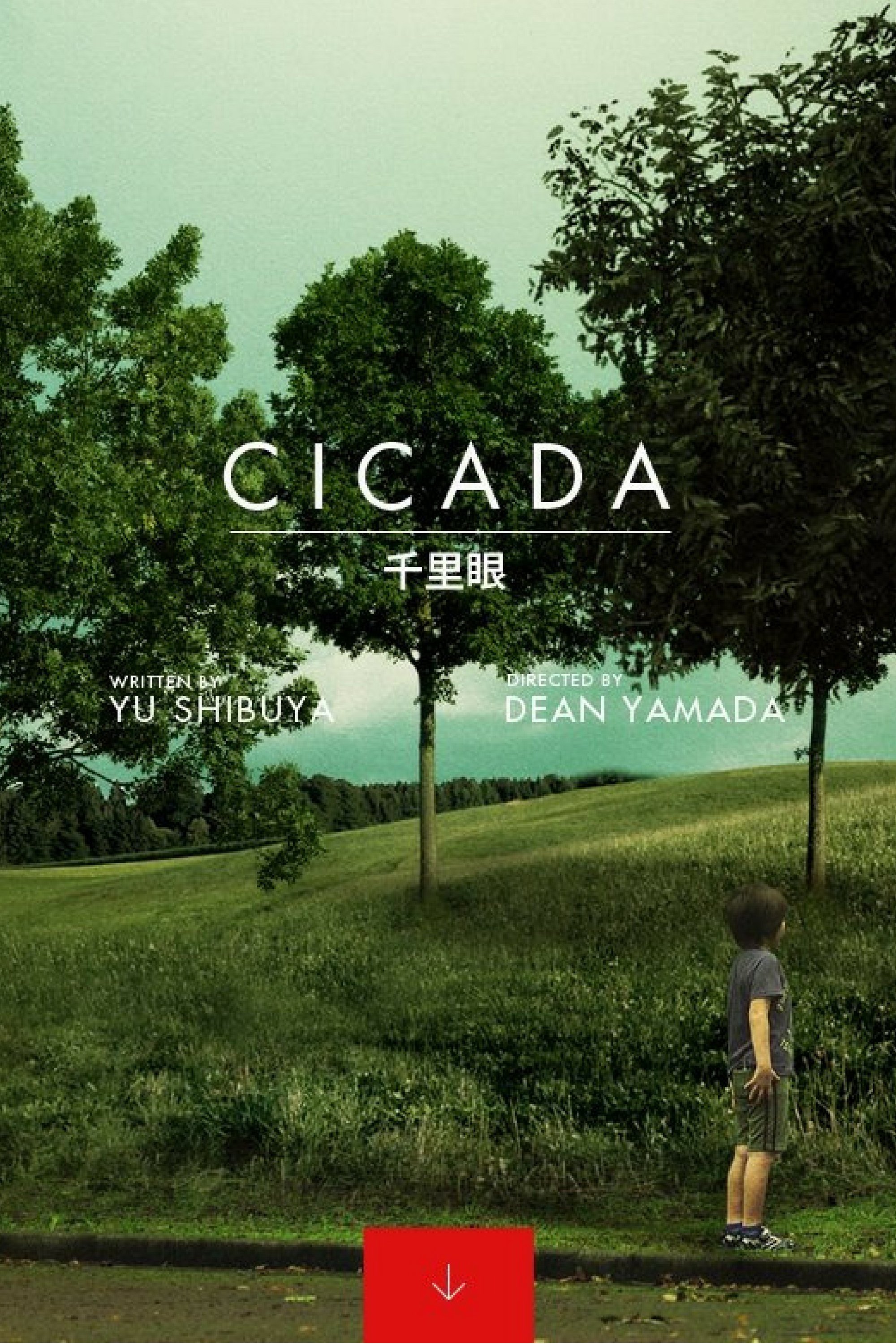
Cicada is the story of Jumpei-- a man who loses sight of his progeny when he finds out he is infertile, but then is given the gift of clairvoyance and begins to see glimpses of the future. These glimpses lead him to a series of cicada shells, which become symbolic of his desire to shed his old self. Though his lineage ends with himself, Jumpei starts anew as a father-figure to his sister's young son.
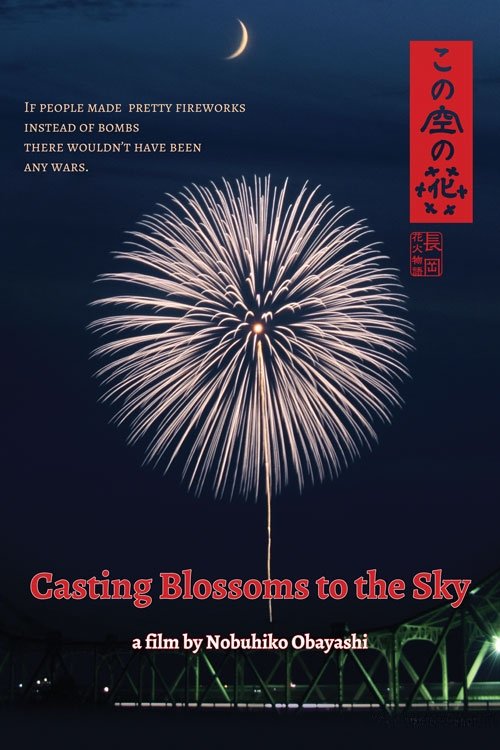
In the aftermath of the 2011 Tōhoku earthquake and tsunami, a journalist arrives in Nagaoka, a city decimated during a WWII air raid and by the 2004 Chūetsu earthquakes, to report on the disaster; there, she learns about the experiences of its inhabitants and stumbles upon a stage play written by an enigmatic student of her ex-boyfriend.
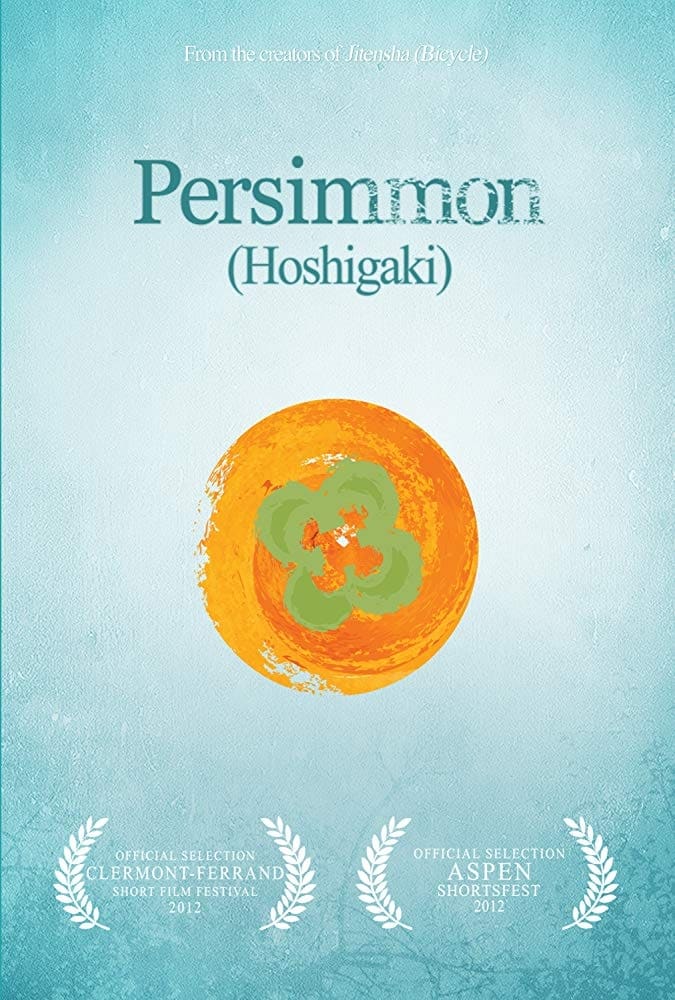
Tamotsu is expecting a persimmon to dry and yet he cannot accept that it is time for a man on his deathbed to die. As the persimmon mysteriously, or supernaturally, holds out from drying, so Tamotsu tries his hardest to keep the man alive. Only when Tamotsu has let go can the persimmon take its natural course.
A co-worker confronts Mamoru on his apparent apathy toward life, and this results in Mamoru leaving his job out of humiliation. Now alone and without work, just as it seems that things could not possibly get worse, parts of Mamoru's bicycle begin to disappear, one by one. In frustration, Mamoru leaves a note for the thief, begging him to just take the whole thing. The note left in response is signed God, leaving Mamoru only more confused. At last, when the only remaining piece of the bicycle is a lonely bell, Mamoru receives an envelope, containing addresses at which each piece of the bicycle might be retrieved.

When poverty-stricken Korean-Japanese (Zainichi) discover there is valuable iron ore in the rubble of a destroyed shantytown they plan to haul it out for profit. Amidst this plan there is discrimination, war and an infatuation between a man and a woman, but like everything around them there and owing to the forces around them, there is as much chance that these may burn to ashes and be destroyed or be the beginning of something new.
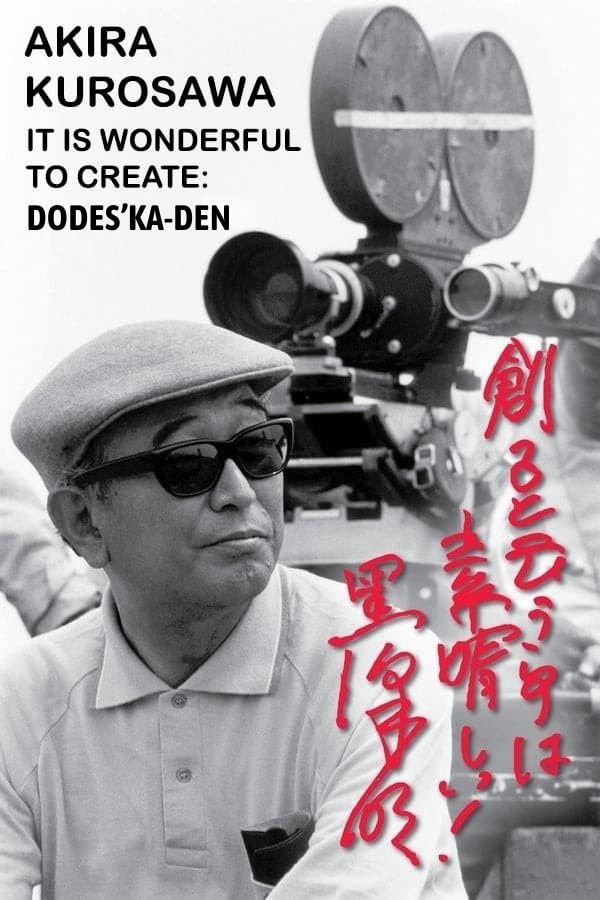
Documentary made by Toho for the Masterworks reissue of all of its Kurosawa films. This one focuses on "Dodes'ka-den" (1970).
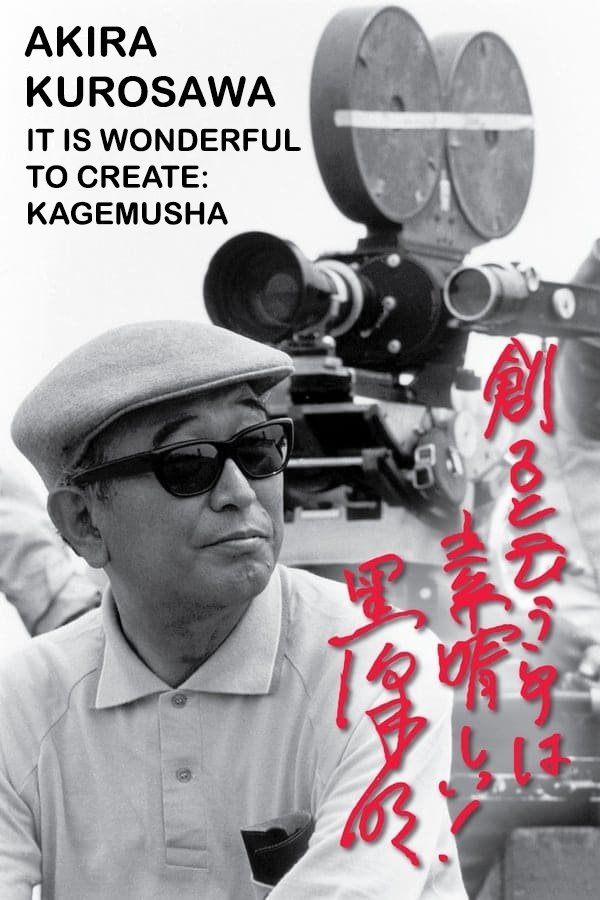
Documentary made by Toho for the Masterworks reissue of all of its Kurosawa films. This one focuses on "Kagemusha" (1980).
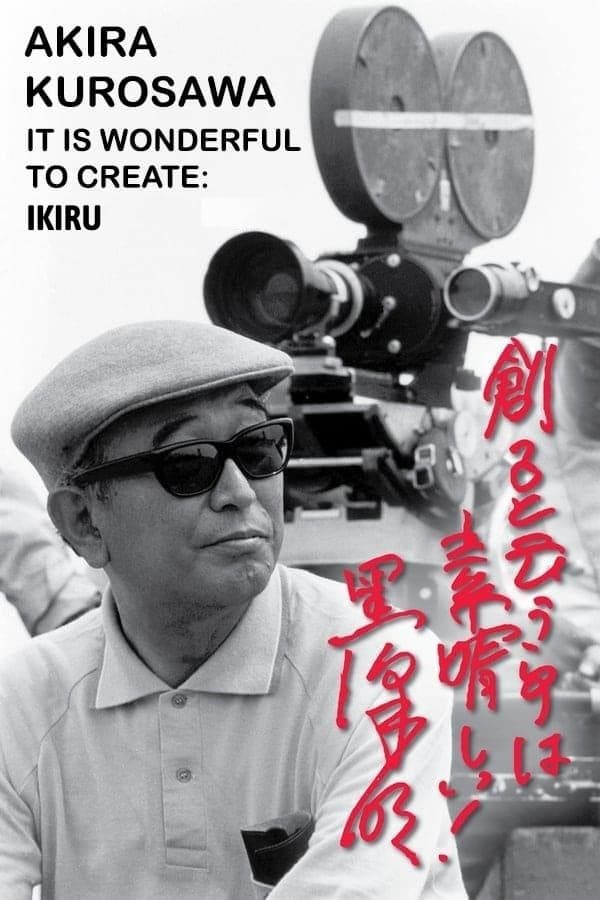
Documentary made by Toho for the Masterworks reissue of all of its Kurosawa films. This one focuses on "Ikiru" (1952).
Masayuki Yui was born in 1947 in Kamakura, Kanagawa, Japan. He is an actor and writer, known for Ran (1985), Kagemusha (1980) and Dreams (1990).
By browsing this website, you accept our cookies policy.